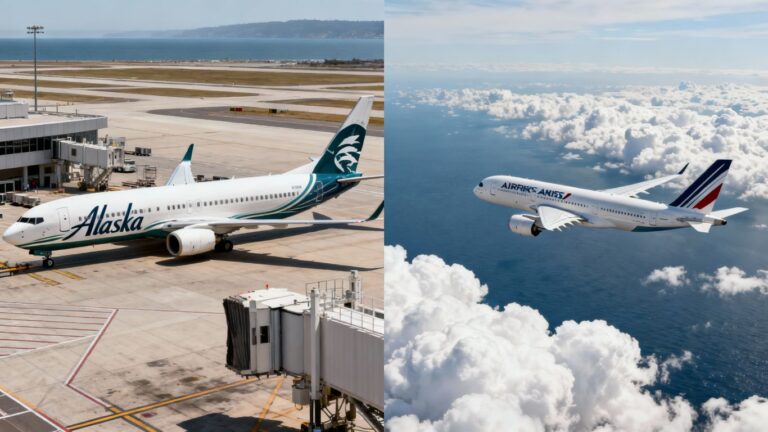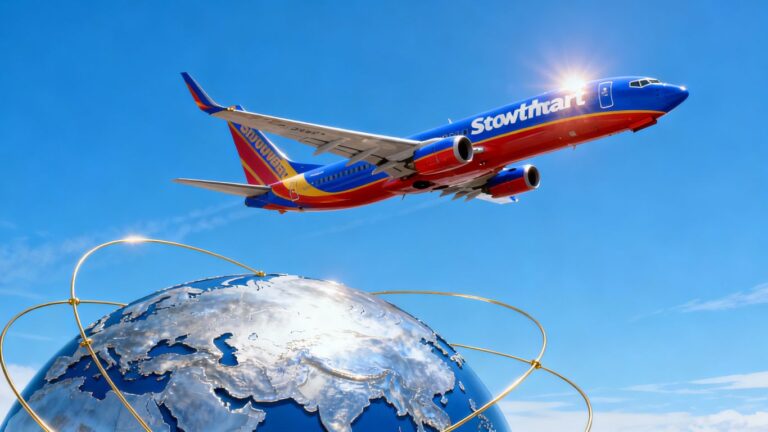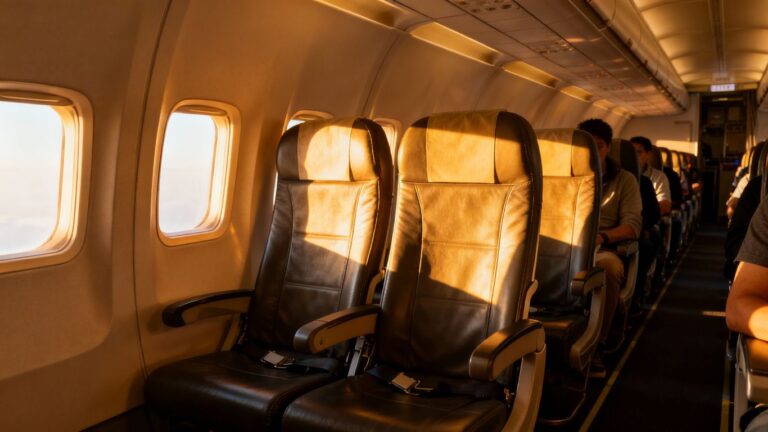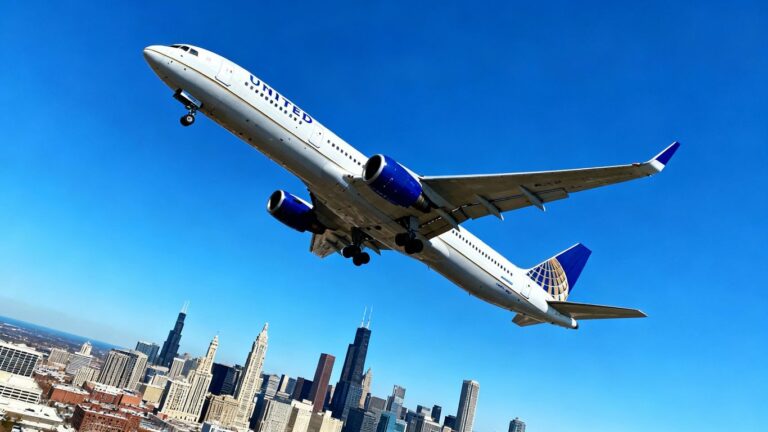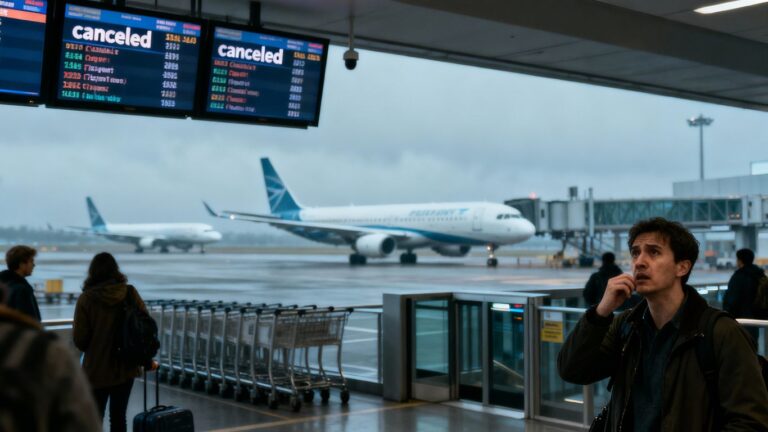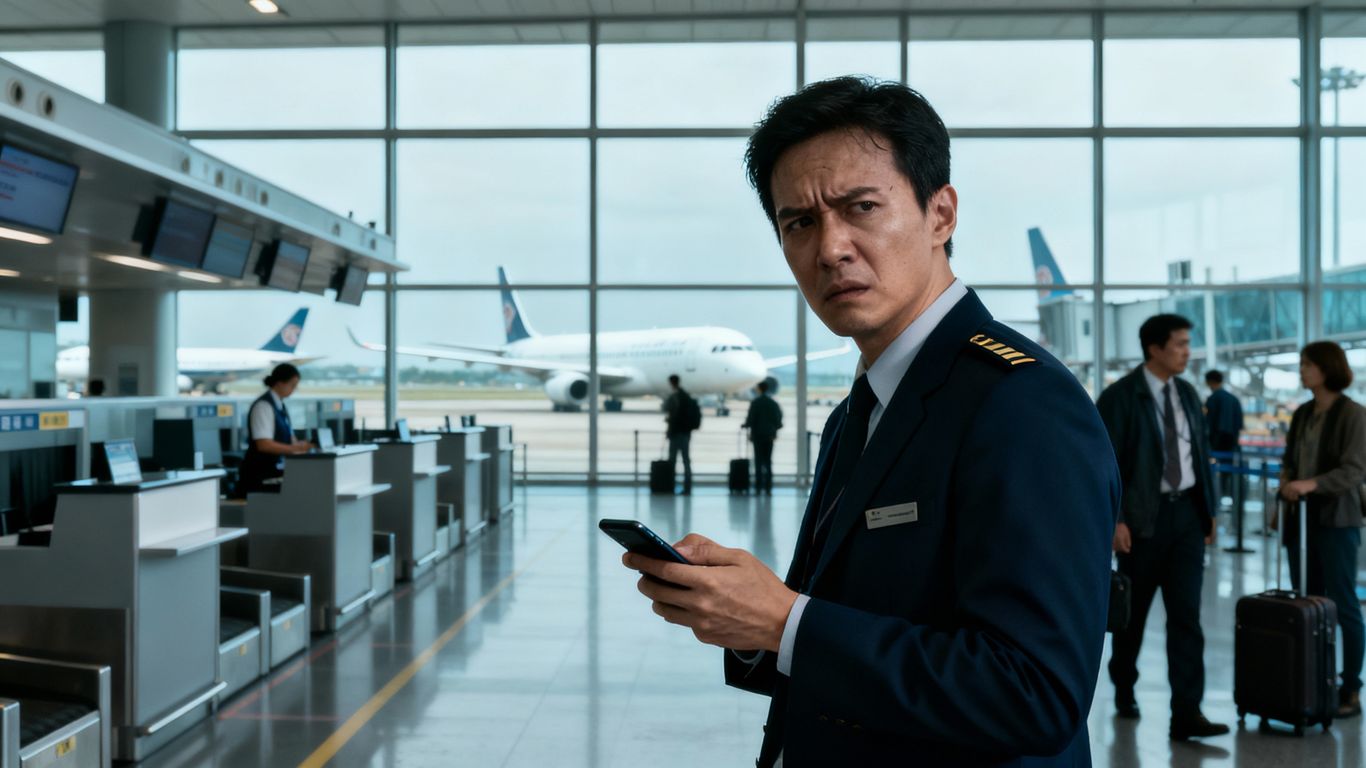
As the federal government shutdown lingers, the U.S. air travel system faces mounting pressure due to a growing shortage of Federal Aviation Administration (FAA) staff. Travelers are warned of potential delays and service disruptions, with airlines preparing for increased operational challenges in the coming days.
Key Takeaways
- FAA worker shortages could cause delays, especially at major airports.
- Essential Air Service subsidies for small communities are at risk.
- TSA officers remain on duty, but security delays may increase.
FAA Staffing Challenges Put Skies Under Strain
FAA facilities across the nation are experiencing more instances of air traffic controllers calling out, leading to critical staffing gaps. Some airport control towers have reported being unmanned for several hours, with other facilities stepping in for coverage. At the same time, controllers are managing heavy workloads with six-day weeks and mandatory overtime, worsening the strain.
Although these absences have not yet reached crisis levels, officials warn that persistent staffing issues could force the agency to slow down air traffic to maintain safety. This would primarily impact the busiest U.S. airports, where even minor disruptions can cascade into significant delays nationwide.
Effects on Small Community Air Service
The shutdown endangers federal funding for the Essential Air Service program, which supports flights to smaller communities that may not otherwise sustain regular airline routes. Without Congressional intervention, these subsidies may lapse, potentially suspending air service to dozens of underserved airports—posing a particular risk to states like Alaska, which rely heavily on such flights.
Impact On Security Screening
Transportation Security Administration (TSA) officers are also required to work through the shutdown without pay. While no major checkpoint delays have occurred yet, previous shutdowns saw increased wait times and operational bottlenecks as unpaid officers called out. Reduced support staff further increases the chance of slowdowns, especially if the shutdown drags on.
Advice For Travelers During The Shutdown
Travelers are advised to take proactive steps to minimize disruption:
- Arrive at the airport earlier than usual to account for possible security delays.
- Avoid tight or connecting flights if possible; non-stop itineraries are less likely to be severely affected.
- Monitor airline advisories for potential schedule changes or waivers.
- Understand that government apps tracking wait times may not be updated during the shutdown.
What Happens Next?
While air travel is still considered safe by federal officials, the staffing crisis at the FAA could quickly escalate if the shutdown continues. Weather events or unexpected incidents would further stress an already stretched system. The situation is fluid, and travelers should closely monitor updates from airlines and airport authorities as the shutdown unfolds.
Sources
- Flight delays may be coming as FAA sees ‘uptick’ in callouts, The Points Guy.
